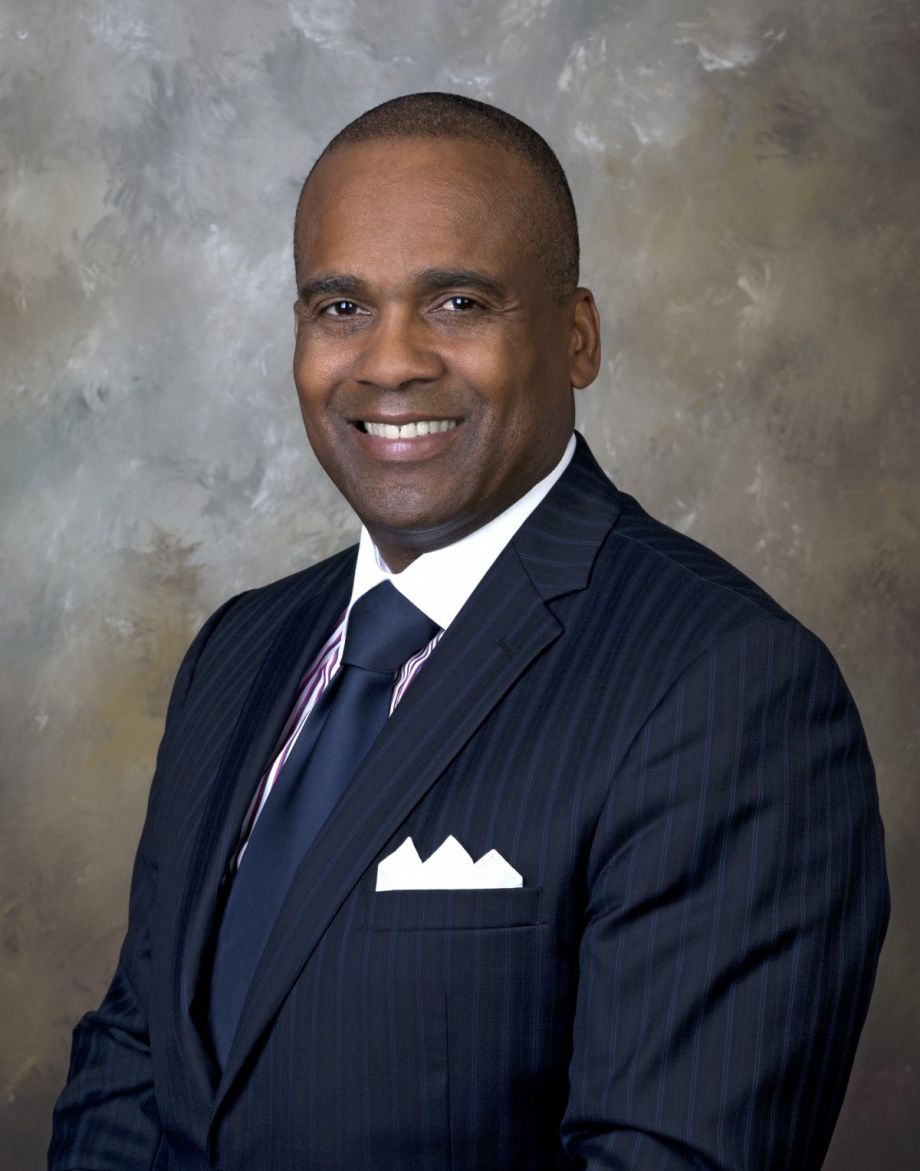Pennsylvania Treasurer Timothy A. Reese has been an entrepreneur, and an angel investor. In 2012, he founded the National Minority Angel Network, which targeted investing in minority-, women- and veteran-owned businesses. When Governor Tom Wolf nominated Reese in 2015 to serve as treasurer (after his predecessor resigned due to extortion charges), Reese had never held public office before.
He remembers his background as an investor coming up again and again during his confirmation process. Specifically he was asked: Would he use his background in targeted investment strategies to help address economic development challenges around the state?
One answer to that question came in December. Reese’s office announced a $100 million impact investing initiative that promises to support a “double-bottom line” of competitive returns while investing in families, entrepreneurs and communities in Pennsylvania that might not otherwise have access to capital for homes, businesses and community development.
“This is a phenomenal opportunity to move on something that’s been in the back of my mind,” says Reese.
The initiative will work through existing lenders — local housing agencies, economic development agencies, small business lenders and others that are already working throughout the state. Out of 31 community development financial institutions certified by the U.S. Treasury in Pennsylvania, 14 are located in Philadelphia, and six are in Pittsburgh. From fiscal years 2010 to 2016, the U.S. Small Business Administration (SBA) guaranteed 11,618 small business loans in Pennsylvania under its flagship 7(a) program, and 2,063 of those were in Philadelphia, Pittsburgh or Reading. The $100 million will essentially be a new source of capital for these kinds of institutions and loans.
Essentially, the treasurer is exercising his regular duty to invest state dollars. There are five pools of investment dollars that the Pennsylvania Treasury Department handles. Some are short-term cash flow accounts, some are longer-term pools, like Pennsylvania’s Guaranteed Savings Plan for college expenses.
“These are the types of investments that the state makes already, however they weren’t given a mandate to focus on PA,” Reese says. “There’s no sacrifice here, financially, to do this. This falls right within our standard investment strategies around those pools.”
As in most states and cities, the treasurer himself doesn’t go out and make direct investments on a daily basis, which would be a conflict of interest minefield. Instead, he or she has to select asset management firms to handle day-to-day investing. Each treasurer has an investment policy they need to follow, outlining the asset management firm selection process, the amount of risk allowed in making investments, the expected rate of return on investments and other parameters. Asset management firms also usually need a long track record of success in order to work with state or local treasurers, given the potential scandal of losing public dollars on the stock market or other investments.

Pennsylvania Treasurer Timothy A. Reese
The difference is, on top of all that, Reese wanted to find a firm that would target underserved market segments in Pennsylvania.
“It’s just a matter of intent,” Reese says.
At a 2015 National Association of State Treasurers conference in Nashville, Reese met his match in Ronald A. Homer, from RBC Global Asset Management. Homer is president of the Access Capital Community Investment Fund at RBC. The fund specializes in providing an investment strategy that targets low- to moderate-income borrowers and communities within specific geographic areas.
Launched in 1997, what the fund usually does is create a secondary market, or in other words, it buys loans from existing lenders, providing them capital to continue making loans instead of waiting for outstanding loans to get repaid. Buying home mortgages is what Fannie Mae does, for example, to support home lending to low-, moderate- and middle-income families. Fannie Mae invited RBC to start doing this in 1997, to help broaden the secondary market for home loans.
RBC now manages nearly $1 billion in assets using the Access Capital Community Investment strategy, targeting 48 states and the District of Columbia so far. As of September 2016, the fund’s investments supported 15,352 low- to moderate-income homebuyers, 67,870 rental units, 5,466 nursing home beds, 455 SBA loans, 117 community economic development projects, and 16 community-based nonprofit organizations. All of those investments have come while producing a financial return that is better than the Bloomberg Barclays U.S. Securitized Index, a popular market benchmark rate of return on investment.
“We’ve been doing this since 1997, so we’ve proven those borrowers with those type of characteristics perform better than borrowers overall,” Homer says. But worth noting: RBC screens the loans it buys to avoid buying predatory loans or subprime loans, the kind of loans that helped crash the economy in 2008.
The fund’s performance was strong enough previously to convince public treasurers in NYC, D.C. and Massachusetts to bring in RBC to manage some of their assets. Each has since tripled or quadrupled the amount of assets managed by RBC, according to Homer. New York City Retirement Systems, which first brought Homer’s fund on board in 2007, currently has $350 million under RBC’s management.
Along with any impact on the ground, in terms of jobs created, wealth created or families stabilized, RBC has seen some of its clients begin seeking other firms to manage more assets for social impact as well as financial return, according to Homer.
“As [a governor] once told me, there’s no point in being the first if there’s not the second,” Homer says.
The Equity Factor is made possible with the support of the Surdna Foundation.

Oscar is Next City's senior economic justice correspondent. He previously served as Next City’s editor from 2018-2019, and was a Next City Equitable Cities Fellow from 2015-2016. Since 2011, Oscar has covered community development finance, community banking, impact investing, economic development, housing and more for media outlets such as Shelterforce, B Magazine, Impact Alpha and Fast Company.
Follow Oscar .(JavaScript must be enabled to view this email address)

















